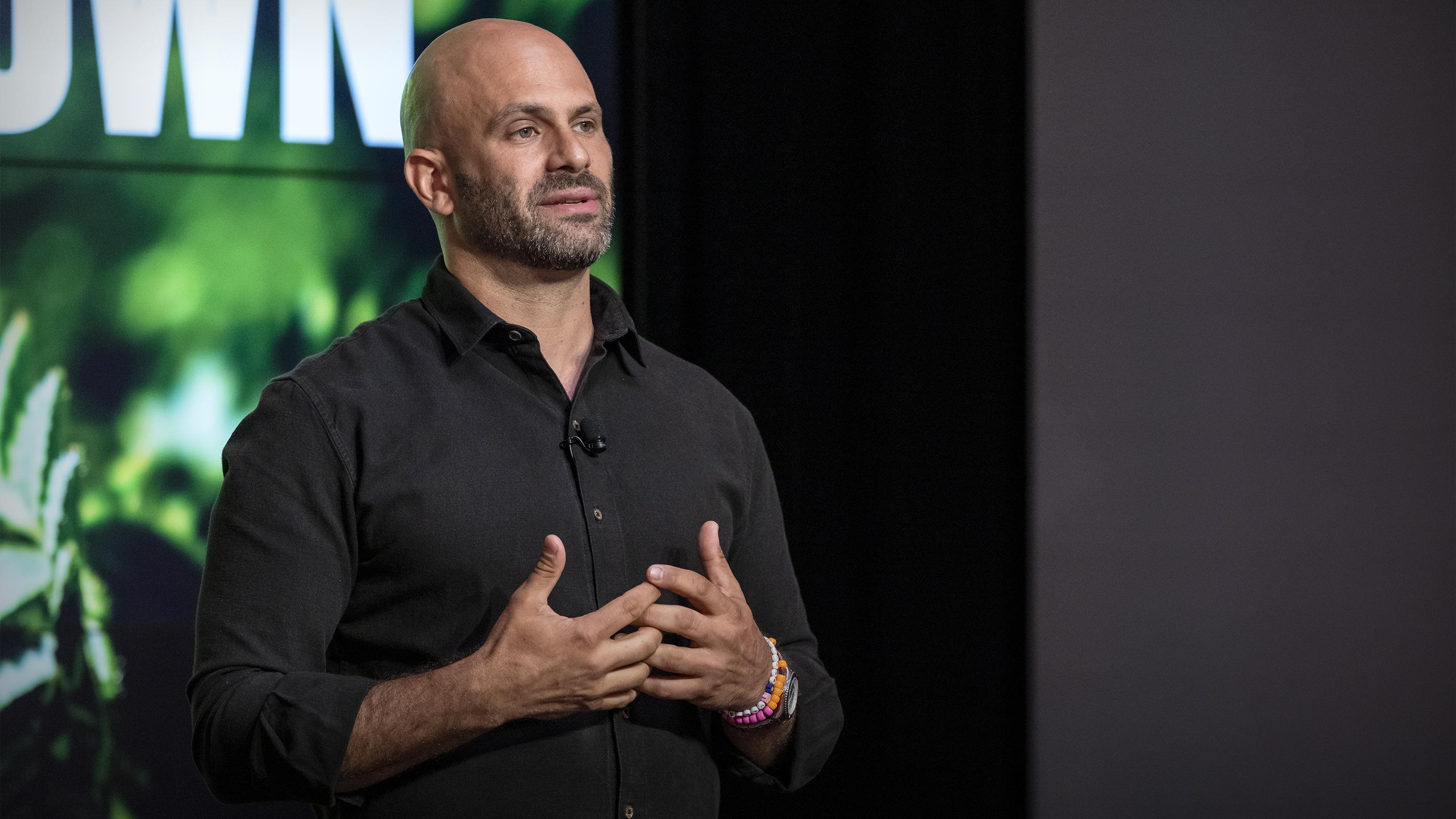
Key Insights
Why is Sam Kass hosting a dinner party featuring foods threatened by climate change?
To illustrate the tangible impact of climate change on beloved foods and provoke a deeper understanding of the stakes involved.
What percentage of the Georgia peach crop was lost last year due to climate change?
95% of the Georgia peach crop was lost last year.
How will climate change affect global wheat production?
By 2050, 60% of the world's wheat will be produced in persistent drought conditions, leading to significant yield declines and frequent disruptions.
What is the projected impact of climate change on salmon populations?
By 2050, reduced snowpack will cut river flows by half, making the salmon's journey to the ocean nearly impossible.
Why is chocolate production particularly vulnerable to climate change?
Chocolate is grown within 10 degrees of the equator, and no model predicts that region will remain suitable for production if temperatures rise by two degrees.
What is the current state of wild coffee varieties?
75 out of 124 wild coffee varieties are on the verge of extinction due to climate change.
What role does food play in driving environmental and climate change damage?
Food is the number one driver of biodiversity loss, deforestation, land use change, and water usage, and the number two driver of greenhouse gas emissions.
What innovative technologies are being developed to combat climate change in agriculture?
Technologies like fungi microbes that sequester carbon and modern breeding techniques that increase yield while reducing fertilizer use are being developed.
What is the significance of the 110 billion metric tons of carbon in the atmosphere?
This carbon was once in the soil and represents 80 years of our current carbon footprint, highlighting the potential for soil-based carbon sequestration.
What does Sam Kass believe is at stake if we don't act on climate change?
Our way of life, cultural identities, global vibrancy, and the ability to pass a better life to future generations are all at risk.
Chapters
- 95% loss of Georgia peach crop due to climate change.
- Half of current coffee-growing regions may become unsuitable by 2050.
- Chocolate production regions near the equator will become too dry and hot.
Shownotes Transcript
What does a warming planet mean for the foods you love? Hosting a dinner party that features a menu of foods that could disappear within our lifetimes, culinary entrepreneur Sam Kass invites us to chew on the reality of climate change by exploring the things — like chocolate and coffee — it puts at risk.

